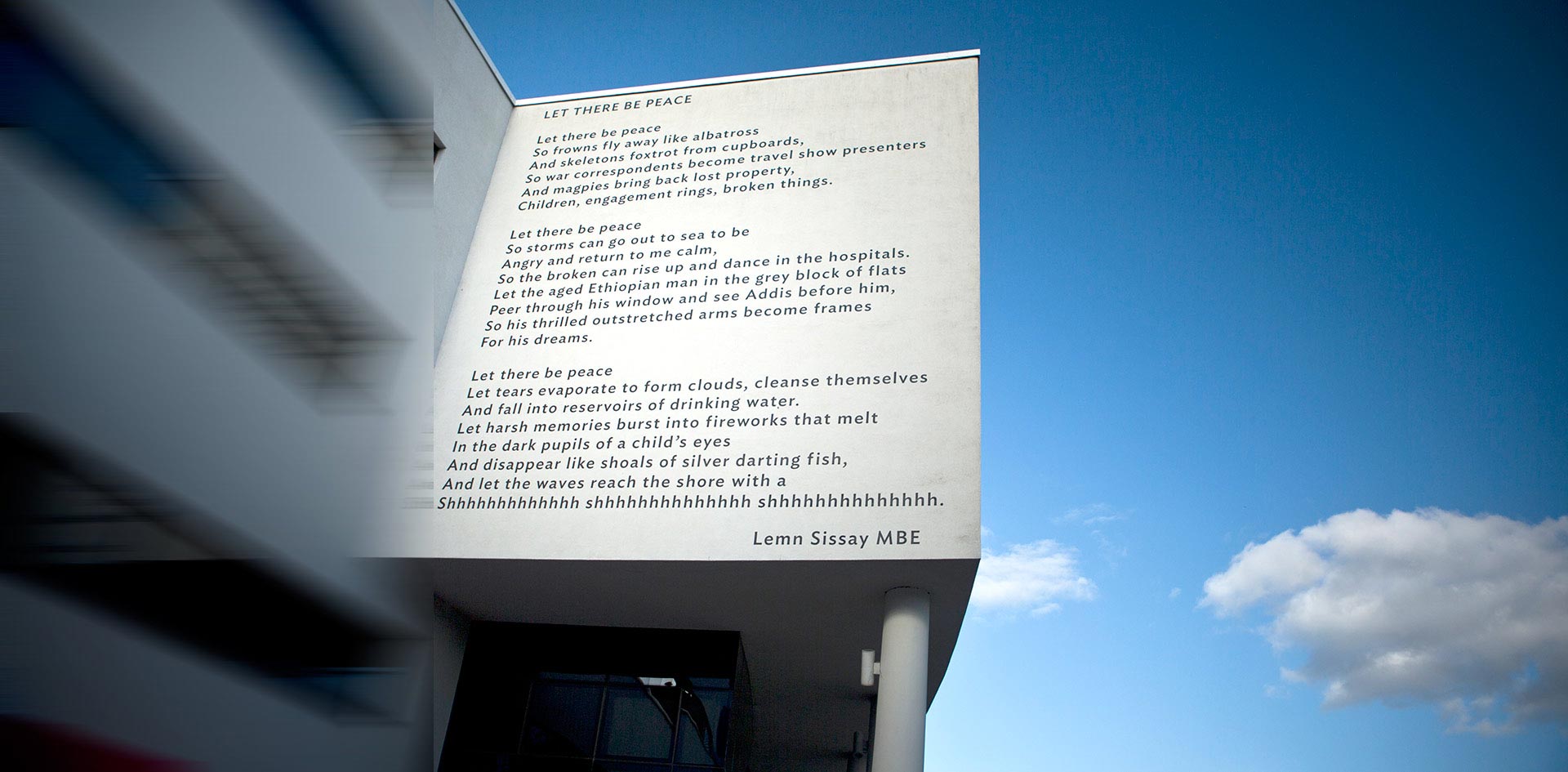
Temporality and experimental music
Being Time
Headed by composers Richard Glover and Bryn Harrison, this research project explores temporal experiences within conceptual approaches to music making. The team aims to promote the participatory qualities of the listener in the act of music-making, and define a language for discussing temporality which develops solely out of experiential responses, building upon previous work in phenomenological approaches to the investigation of musical/sonic and temporal experience. The team has presented at international conferences exploring temporality, discussing their own compositional approaches in relation to the listener’s temporal experience.
Aspects of temporality, memory and repetition in my recent music. Presented at:
Iceland Academy University of the Arts 20/04/18
Bath Spa University 17/10/18
Wesleyan 26/11/18
Brooklyn College, SUNY 27/11/18
Columbia University 28/11/18
Harvard University 03/12/18
Birmingham Royal Conservatoire 22/01/19
Memory and trace in minimal experimental music. In: Time and Trace: 15th Triennial Conference of the International Society for the Study of Time, 30 June - 6 July 2013, Orthodox Academy of Crete, Greece
Phenomenology and temporality in the composition of experimental minimal music. In: Philosophy and Music Conference: Time Theories and Music, 27-29 April 2012, Ionian University, Corfu, Greece
CD Releases
Bryn Harrison's 'Receiving the Approaching Mempory'
Richard Glover’s ‘Logical Harmonies’
And the HCR release ‘Exposure’ includes 'Corradiation' by Glover and 'eight voices' by Harrison
Overcoming form: reflections on immersive listening
Authored by both Richard Glover and Bryn Harrison, the book Overcoming form: reflections on immersive listening was published in November 2013 by the Huddersfield University Press and investigates four areas of immersive sound environments: repetition, sustained tones, performed installations and approaches to extended forms, focusing in particular on the music of Morton Feldman, Eliane Radigue, James Tenney and Phill Niblock. Through in depth exploration of the experiential nature of these subjects, the authors offer reflections upon the materials used for these environments, how they are organized, and the consequences of this on how we listen. Download
Extended Durations symposium
An international symposium in 2013 brought together practitioners and scholars engaged with the notion of extended durations in music. The symposium included papers, performances, discussions, and a keynote speech given by composer Jem Finer on his works Longplayer and Score for a Hole in the Ground.
Scanning the Temporal Surface: Aspects of Time, Memory and Repetition in my Recent Music
This paper considers the role of musical temporality and memory in the recent works of composer Bryn Harrison. In contrast to earlier pieces, the essay outlines the ways in which these pieces adopt a singular approach to musical structure which utilises high levels of repetition. It is argued that, through this approach, the listener is able to build up a composite understanding of the surface of the music over time. Comparisons are made to the scanning of a picture plane, and the work of Bridget Riley, James Hugonin and François Morellet are given as examples. The paper ends with a description of a new collaborative project with digital artist Tim Head which seeks to develop on this same phenomenological approach. Download
Being Time: Exploring Temporalities in Experimental Music
This major publication with Bloomsbury in 2016 will provide the first large-scale dedicated study of temporal experiences in music exploring radical approaches to the use of repetition, sustained tones, silence, field recording and other areas. Download
Richard Glover edited the first issue of Divergence Press, on the issue of temporality in contemporary music.
Richard Glover: Process and perception
Richard Glover is a Reader in Music at the University of Wolverhampton, UK, and divides his time between composing, and writing and presenting on the perception, construction and notation of experimental musics. He has received many international performances of his music, and has recently published book chapters on Phill Niblock and technology in minimalism.
He is on the committee of the RMA Music and/as Process study group, and co-organised the first Music and/as Process symposium. He edited the first issue of Divergence Press on temporality in contemporary music, edits the Newsletter for the Society for Minimalist Music, and is currently setting up a new journal on world and historical minimalisms in collaboration with the University of Durham.